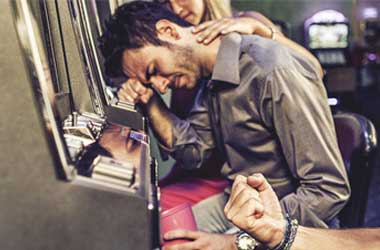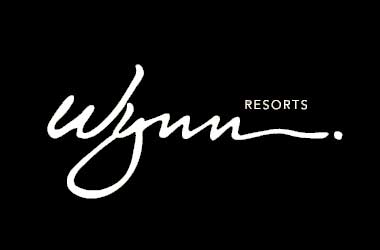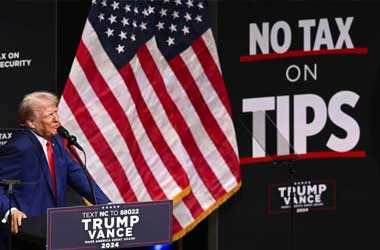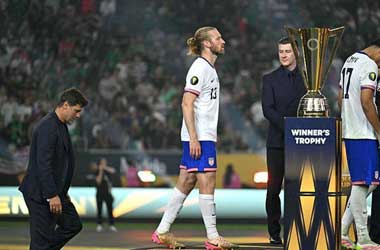 Summary
Summary
- A new study found that half of German online gamblers engage with unlicensed operators
- Existing GlüNeuRStv measures are not effective in protecting players from the black market
- German gambling trade bodies have called on GGL to promptly address the issue
The government has failed in its goal to drive consumers to the regulated online German gambling market as more and more players shift to unlicensed sites.
According to a new study examining the effectiveness of the rules and measures implemented under Germany’s 2021 Interstate Gambling Treaty (GlüNeuRStv), around half of online gambling activities in the country are conducted in the black market.
The study’s findings (in German) have prompted calls from German gambling trade bodies for the gambling authority, GGL, to do more to protect players from the risks associated with illegal sites.
GlüNeuRStv Rules Failed to Improve Channelization
Conducted by Gunther Schnabl, professor of international economics and economic policy at Leipzig University, the study shines a light on the current state of online gambling in Germany and whether existing laws have been effective enough in protecting players and keeping them away from the illegal market.
Using data from Nielsen Media Germany’s online meter panel which tracks the online activities of around 25,000 German customers, including their engagements with more than 700 gambling domains, the study found that as of March 2023, just 50.7% of German online gamblers engaged with regulated sites. The rest played on platforms not licensed in Germany, a trend that has been observed since 2019 before the launch of the GlüNeuRStv regime.
That means a significant number of German consumers continue to face gambling harm risks as unlicensed platforms don’t have adequate player protections in place, unlike licensed sites. The study concludes that the existing GlüNeuRStv measures are ineffective and are proving to be of little help in improving channelization rates.
The Schnabl study counters some of the findings of the GGL-commissioned Atlas Report on German Gambling (in German) which put the gambling participation rate in Germany as of 2021 at 30%, a fall from 55% in 2007. The Schnabl study argues that it is difficult to arrive at those numbers given the lack of comprehensive and reliable data on the German online gambling market.
Trade Bodies Call on Govt. to Combat Black Market
Reacting to the study’s findings, the two trade bodies representing licensed online gambling operators in Germany, the German Sports Betting Association (DSWV) and the German Online Casino Association (DOCV), reiterated their call for the government to combat the black market by making it much harder for illegal operators to offer their services to domestic players.
Among measures proposed by both associations include strict enforcement of the advertising ban for unlicensed providers, speeding up GGL’s licensing process, and improving the competitiveness of the legal market.

 United States
United States United Kingdom
United Kingdom















